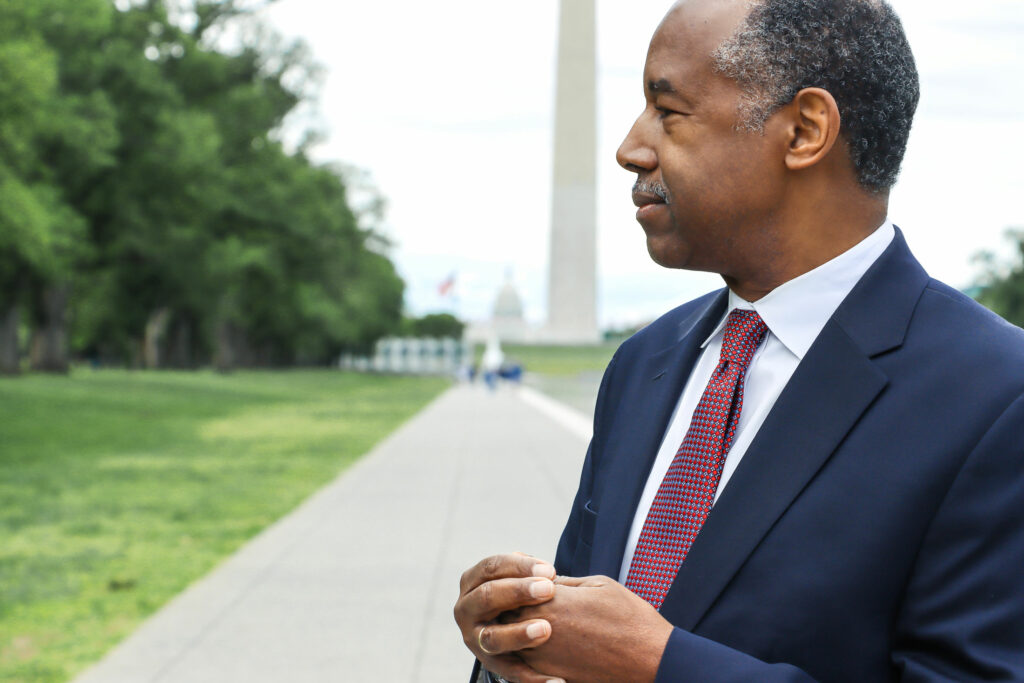 It is no secret that the Chinese Communist Party (CCP) currently stands as one of the greatest adversaries staring down the United States. Not a day goes by where the CCP is not actively trying to undermine and challenge the American way of life.
It is no secret that the Chinese Communist Party (CCP) currently stands as one of the greatest adversaries staring down the United States. Not a day goes by where the CCP is not actively trying to undermine and challenge the American way of life. The CCP has made clear that its top priority is displacing the United States as the top player on the world stage. State sponsored tactics like the along with other malign influence tactics, allow the Chinese to slowly tighten their grip and squeeze out any opposition on its climb to power. Their attempt over the past decades to become a regional hegemon and further their expansion of raw material exploitation and infrastructure by “development” and “financing” infrastructure projects in Africa show just how power hungry this regime is.
The Belt and Road Initiative is a Chinese infrastructure and economic development strategy which first debuted in 2013. The aftereffects of the 2008 global financial crisis gave China the opportunity to present a more offensive posture in regards to international economic development. Using coercive economic strategies, along with a massive labor surplus and lax worker safety protections, the CCP aimed to recreate the silk road economic and trade belt through Southeast Asia, South Asia, the Middle East, and Africa, through infrastructure investments like ports, skyscrapers, railroads, roads, bridges, airports, dams, coal-fired power stations, and railroad tunnels, all built with Chinese materials and by Chinese Labor.
Furthermore, the Chinese have come to rely on the well-established theory by dubbed the “Thousand Grains of Sand.” Moore explains the Chinese espionage as follows: “If a beach were a target, the Russian would send in a sub, frogmen would steal ashore in the dark of night and collect several buckets of sand and take them back to Moscow. The U.S. would send over satellites and produce reams of data. The Chinese would send in a thousand tourists, each assigned to collect a single grain of sand. When they returned, they would be asked to shake out their towels. And they would end up knowing more about the sand than anyone else.”
This metaphor gives a great insight as to how the Chinese can gather intelligence so successfully. The Chinese use seemingly innocent students and academics, tourists, and even corporations to help in their intelligence collection efforts. Their strategy is to look for anything and everything from benign best practices all the way to state secrets, and they have gone to tremendous efforts to plant millions of ears on the ground all over the world to do so.
The Chinese motive of collecting information is not limited just to the security aspect, which ultimately aims to understand their adversary’s capabilities and capacities. The Chinese are also interested in understanding the social structure and government functioning at the social level of the United States and their other international opponents. As such, China does not employ very many professional spies, because their objective is more than just understanding the adversary nation’s security parameter.
On the whole, this has paid off well and China has shown exponential growth over the last two decades, emerging as one of the world’s leaders in both the communication and technology sectors. A big reason for this success is stealing American intellectual property through forced technology transfers, or the downright ripping off American products.
Which brings us to the social media app Tik Tok. Tik Tok is one of the hottest topics in D.C., and debate is raging over whether or not the popular social media app should be banned in the United States. Tik Tok is owned by Byte Dance, a Chinese company, and the common charge is that the app represents a massive data collection and intelligence gathering operation on millions of unsuspecting Americans, and particularly young people. Chinese law requires that any organization must cooperate with state intelligence work including providing evidence to the state for an investigation. Because ByteDance is a Chinese company it would have to comply with these laws to turn over data. In 2022, TikTok moved American user data to servers operated by U.S. company Oracle. However, fears about China’s potential to access and use this data persist. Given what we know about the potential for TikTok to be used for foreign intelligence, how China collects and gathers information, and China’s intention to take over as the world’s dominant power, it is difficult for anyone to provide a reason not to ban TikTok.
